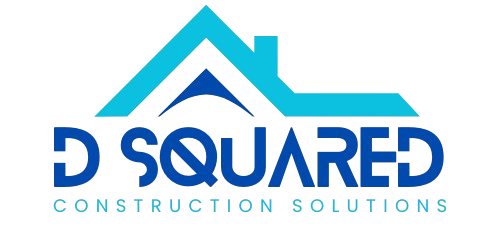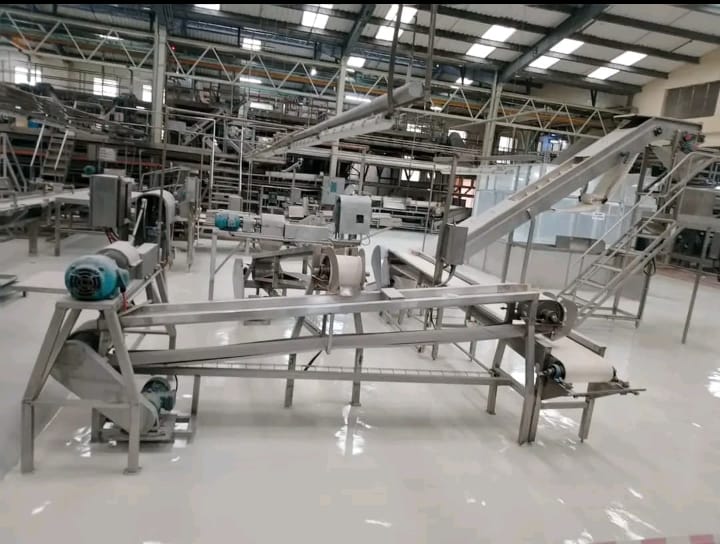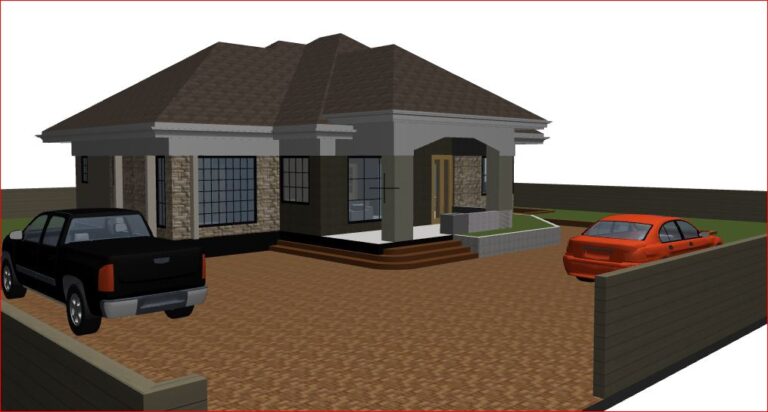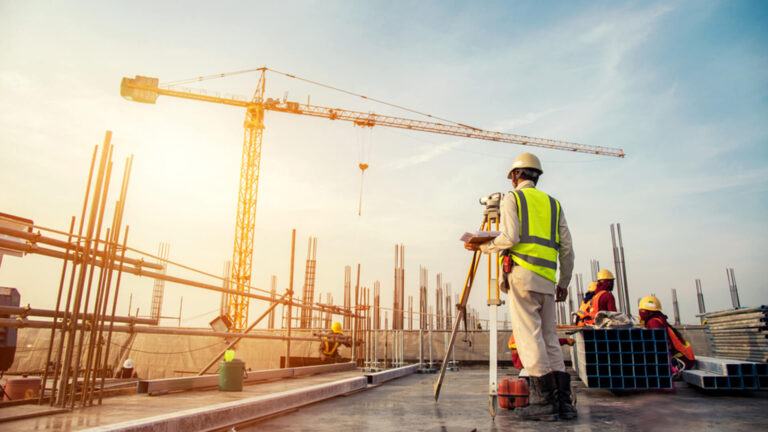Access to clean and reliable water remains a pressing need for many communities, institutions, farms, and industries in Kenya. To address storage and distribution challenges, steel water towers have become the preferred solution due to their durability, efficiency, and adaptability to different environments. Whether in rural homesteads, large-scale farms, schools, hospitals, or factories, steel water tower construction in Kenya provides a reliable method of ensuring continuous water supply for both domestic and commercial use.
Here are photos of the recent steal water tower construction in Nakuru
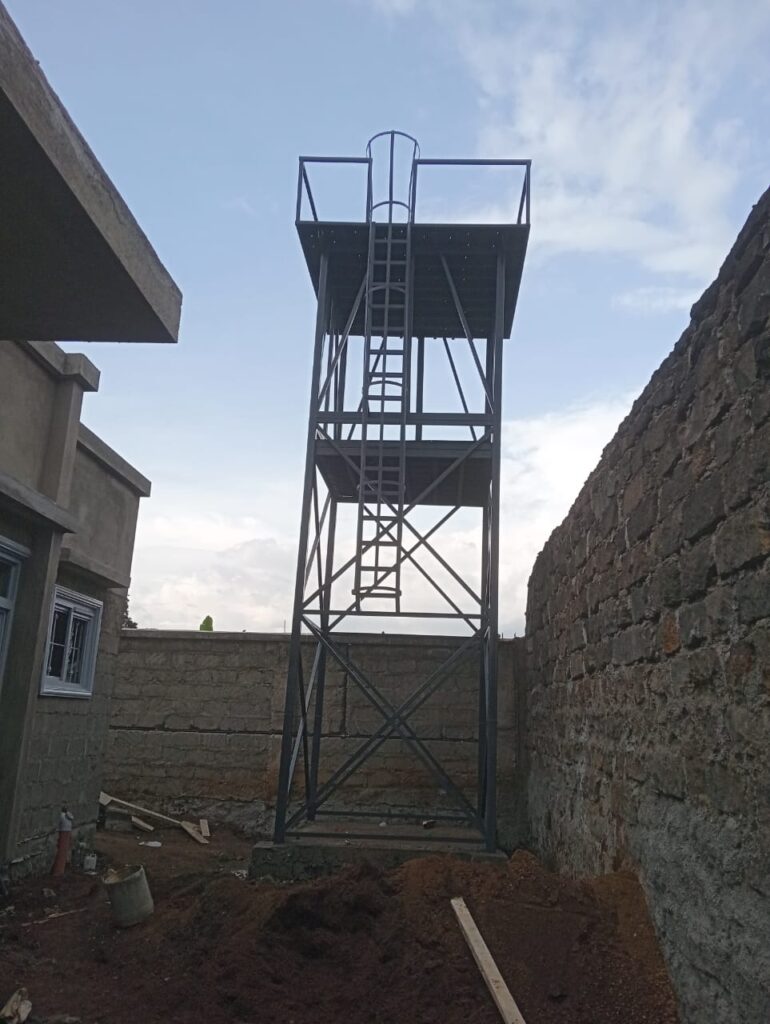
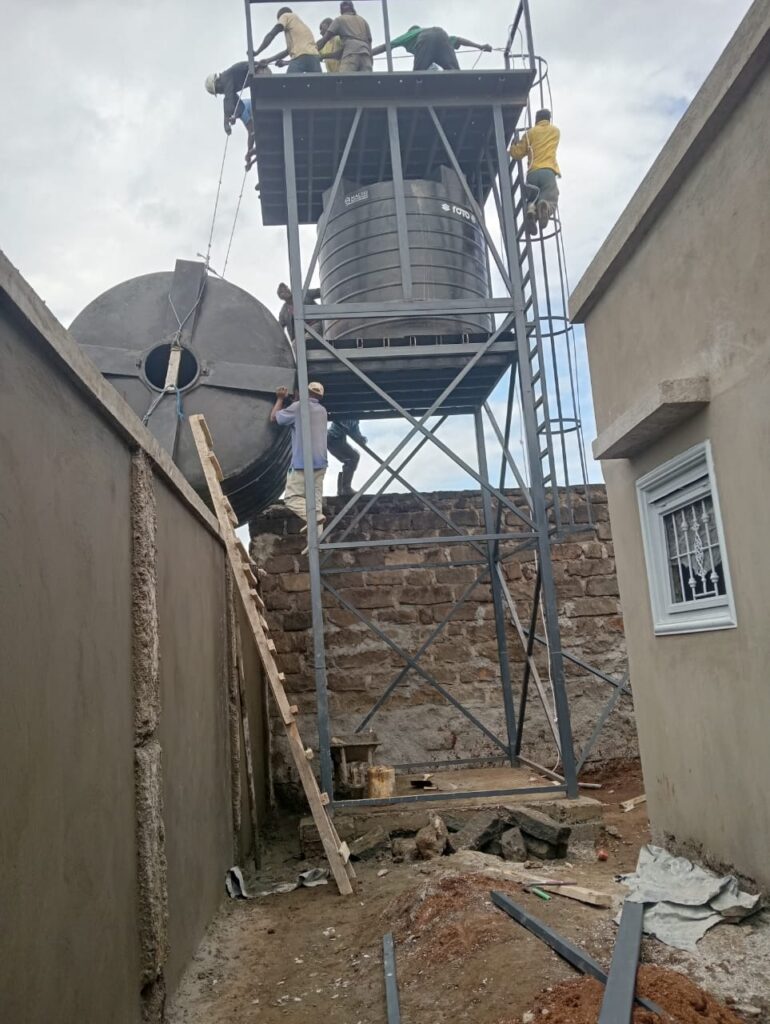
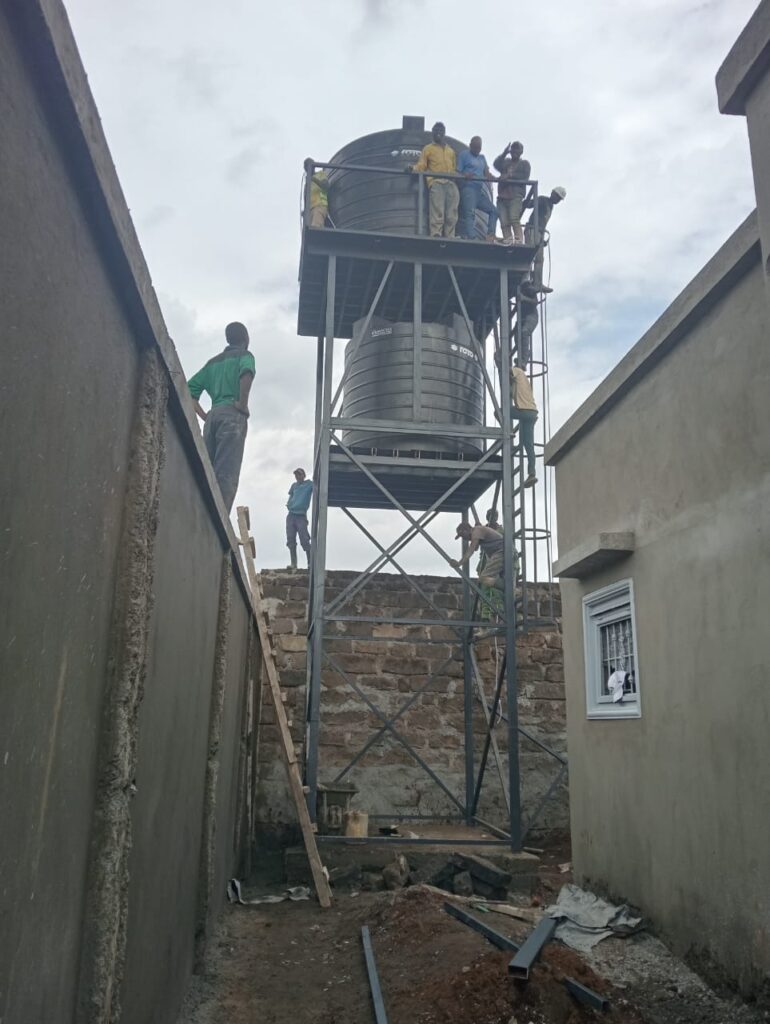
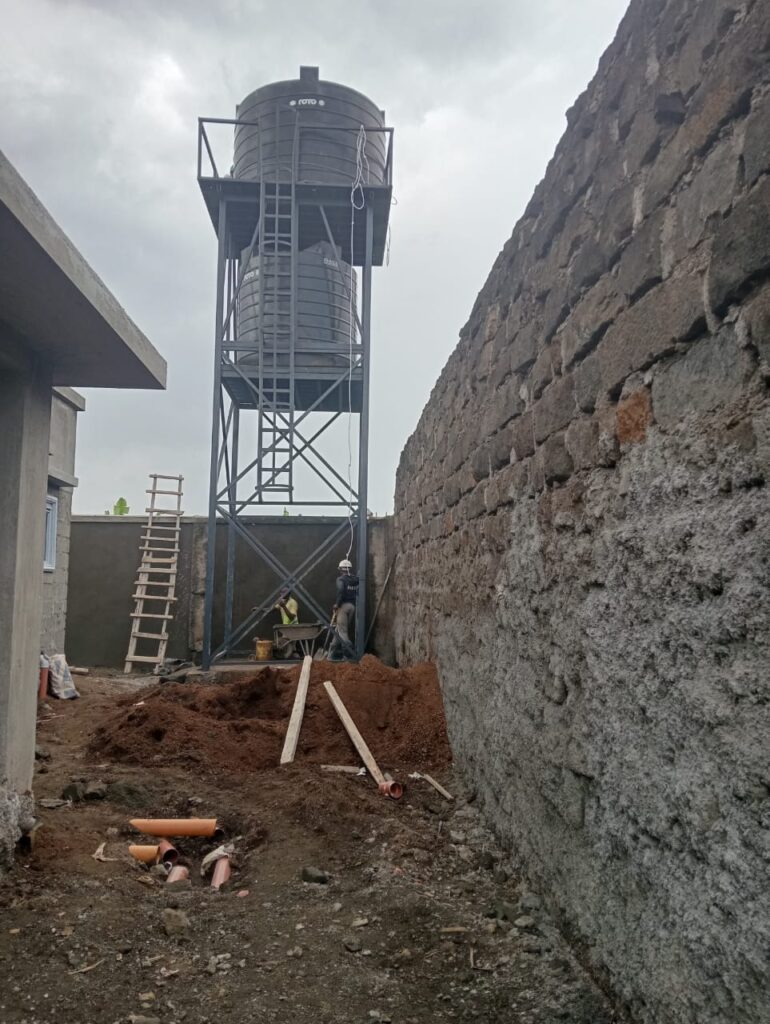
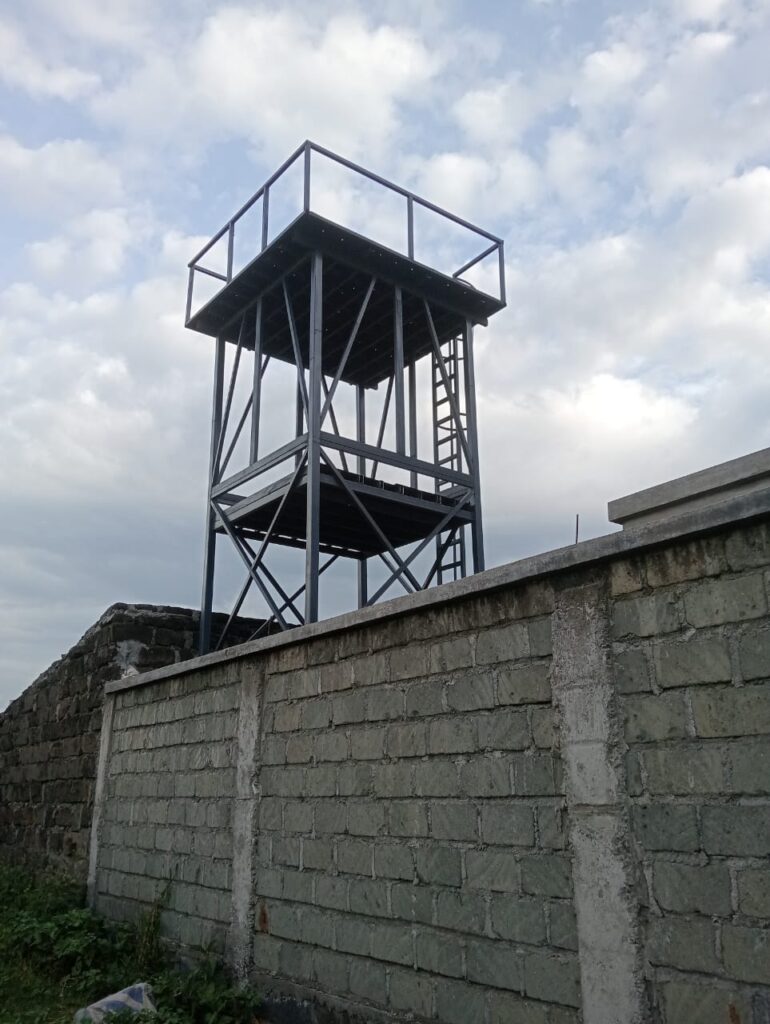
Why Choose Steel Water Towers?
Steel water towers have emerged as a popular choice compared to plastic tanks placed on weak structures or underground storage. The preference is driven by several key advantages:
- Durability – Steel is resistant to harsh weather conditions, pests, and UV radiation, making it suitable for Kenya’s varied climate zones.
- High Capacity – Towers can support large water tanks (from 10,000 liters to over 200,000 liters), making them ideal for farms, factories, and schools.
- Longevity – Properly galvanized steel structures last for decades with minimal maintenance.
- Safety & Stability – Elevated steel water towers are engineered to withstand heavy loads, high winds, and even seismic activity in some regions.
- Improved Water Pressure – Elevation ensures gravity-driven flow, reducing the need for costly pumping systems in daily use.
Applications of Steel Water Towers in Kenya
Steel water tower construction is versatile, and its applications spread across multiple sectors:
- Agriculture & Irrigation – Farms in Laikipia, Narok, and Rift Valley use towers to store borehole or rain-harvested water for drip and sprinkler irrigation.
- Residential Estates – Gated communities and apartments depend on water towers to guarantee constant supply.
- Education Institutions – Boarding schools, universities, and training colleges install large-capacity water towers to meet the demand of students and staff.
- Healthcare Facilities – Clinics and hospitals require reliable water for sanitation, laundry, and emergencies.
- Factories & Breweries – Industrial setups like breweries in Nakuru or Athi River rely on water towers for production and cleaning processes.
- Hotels & Lodges – Safari lodges in Maasai Mara or Laikipia install hidden towers to maintain aesthetics while ensuring supply.
The Design and Engineering Process
Steel water tower construction in Kenya involves careful planning and technical expertise to ensure safety and efficiency. The design process typically includes:
- Site Survey and Soil Testing
Engineers assess the ground conditions, bearing capacity, and accessibility to determine the foundation type. - Load Calculations
Structural engineers calculate the combined weight of the steel structure, water tank, and water (1,000 liters = 1 ton). For example, a 50,000-liter tank requires a foundation that can safely carry at least 50 tons plus structural weight. - Structural Design
Towers are designed using steel columns, bracings, and platforms. The height varies from 6 meters for small homes to over 30 meters for industrial use. - Material Selection
Hot-dip galvanized steel is preferred for its corrosion resistance. Bolts, nuts, and plates must meet Kenyan and international engineering standards (KEBS, ISO). - Tank Integration
The tower is customized to carry steel tanks, plastic tanks, or pressed steel panel tanks depending on the client’s requirements.
The Construction Process
Steel water tower construction in Kenya generally follows a structured process:
1. Foundation Works
- Excavation and casting of reinforced concrete bases.
- Use of steel reinforcements to enhance strength.
- Curing period of 21–28 days to ensure maximum strength.
2. Fabrication of Steel Structures
- Steel sections (I-beams, angle irons, and plates) are cut, welded, or bolted in workshops.
- Quality checks for welding joints and coatings.
3. Erection of the Tower
- Columns are anchored to the foundation.
- Bracing and cross-members are installed for stability.
- Platforms and ladders are fitted for accessibility.
4. Tank Installation
- Placement of the water tank using cranes or pulley systems.
- Connection of inlet, outlet, and overflow pipes.
5. Painting and Finishing
- Application of anti-rust primer and paint.
- Galvanized surfaces left exposed for added protection.
6. Testing and Commissioning
- Filling the tank gradually to test structural stability.
- Inspection for leaks, pipe alignment, and pressure flow.
Cost of Steel Water Tower Construction in Kenya
The cost depends on several factors:
- Capacity of Tank – Larger tanks (100,000+ liters) require stronger towers and foundations.
- Height of Tower – Taller towers improve pressure but increase steel tonnage.
- Location & Accessibility – Transporting steel and equipment to remote areas raises costs.
- Type of Tank – Pressed steel tanks are more expensive than plastic ones.
On average, a 10,000-liter steel water tower costs between Ksh 700,000 – 1.2M, while larger 50,000–100,000-liter towers may cost Ksh 3M – 7M depending on specifications.
Maintenance of Steel Water Towers
Though durable, steel water towers require periodic maintenance to prolong their lifespan:
- Painting & Coating – Repainting every 5–7 years prevents rust.
- Structural Inspection – Regular checks for cracks, loose bolts, and corrosion.
- Tank Cleaning – Desludging and disinfecting every 6–12 months.
- Pipe Repairs – Ensuring no leakages or blockages in the inlet/outlet systems.
Challenges in Steel Water Tower Construction
- High Initial Costs – Though long-term benefits outweigh costs, initial investment is high.
- Skilled Labor Shortage – Few contractors in Kenya specialize in structural steel tower works.
- Corrosion Risks – In coastal areas, salty air accelerates rusting unless high-grade coatings are used.
- Regulatory Compliance – Towers above certain heights may require county government approvals.
Future of Steel Water Towers in Kenya
With increasing demand for reliable water storage in agriculture, industry, and real estate, the future of steel water towers in Kenya looks promising. Modern designs now integrate:
- Solar-powered pumping systems to enhance sustainability.
- Hybrid storage combining steel tanks with underground reservoirs.
- Modular construction allowing easy expansion of tower capacity.
FAQ
How much does steel water tower construction in Kenya cost?
The cost of constructing a steel water tower in Kenya depends on the tank capacity (e.g., 50,000L, 100,000L, or more), tower height, materials used, and site conditions. At D Squared Construction, we provide customized quotations after a site assessment to ensure cost-effectiveness without compromising safety and quality.
How long does it take to build a steel water tower?
On average, steel water tower construction in Kenya takes 4–8 weeks, depending on design complexity, weather conditions, and project size. D Squared Construction ensures timely delivery by using efficient construction methods and skilled teams.
Why choose steel water towers over concrete tanks?
Steel water towers are durable, resistant to leaks, quicker to install, and require less maintenance compared to concrete tanks. They can also be relocated or modified when necessary, making them a flexible solution for industries, institutions, and farms.
What sectors benefit most from steel water tower construction in Kenya?
Steel water towers are ideal for factories, warehouses, schools, hospitals, hotels, farms, and residential estates. They provide reliable water storage and pressure, supporting operations where uninterrupted water supply is essential.
Why should I choose D Squared Construction for my water tower project?
D Squared Construction has extensive experience in steel structure design, fabrication, and erection across Kenya. We combine technical expertise, quality materials, and strict safety standards to deliver durable and cost-efficient water tower solutions tailored to client needs.
